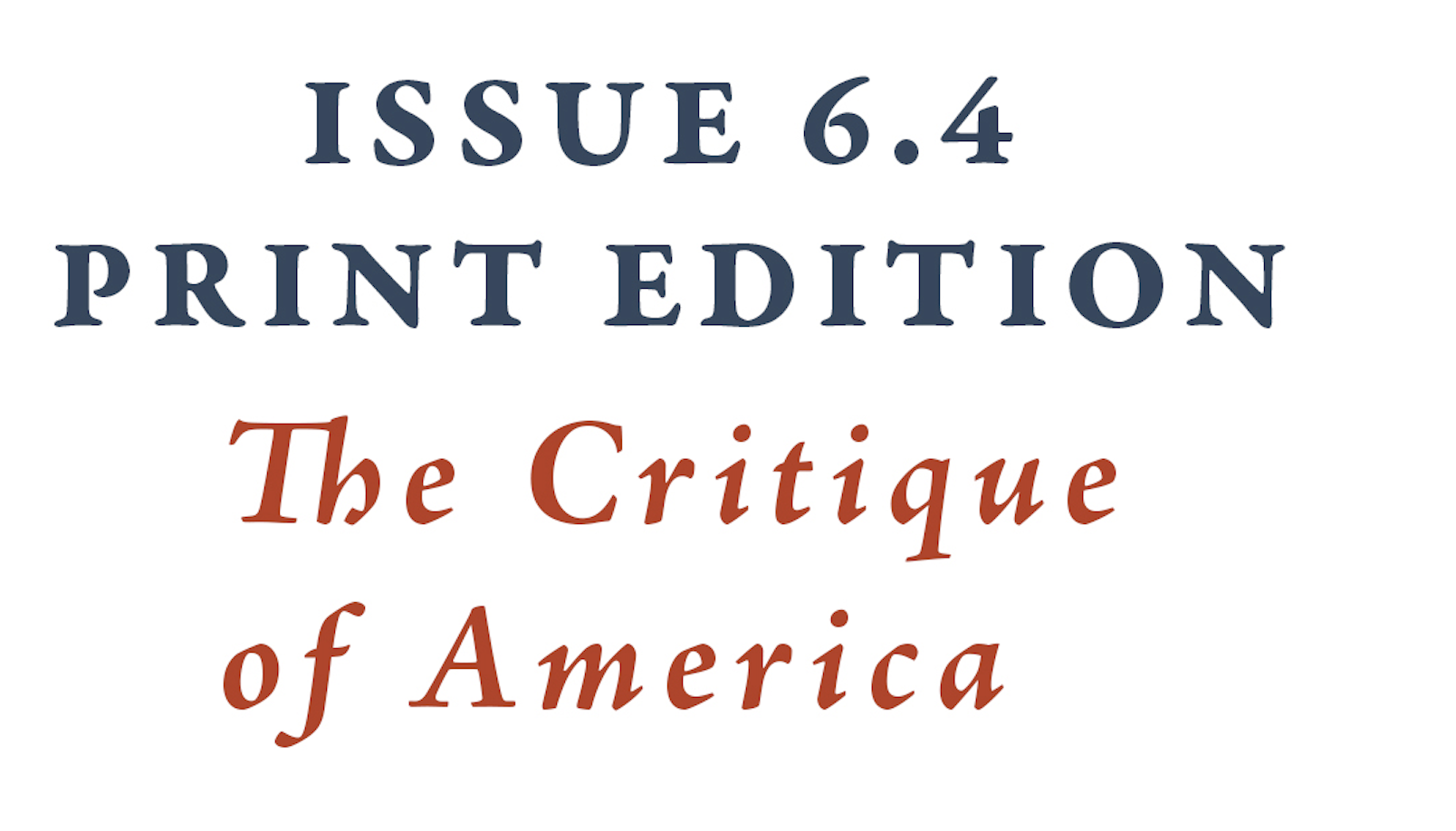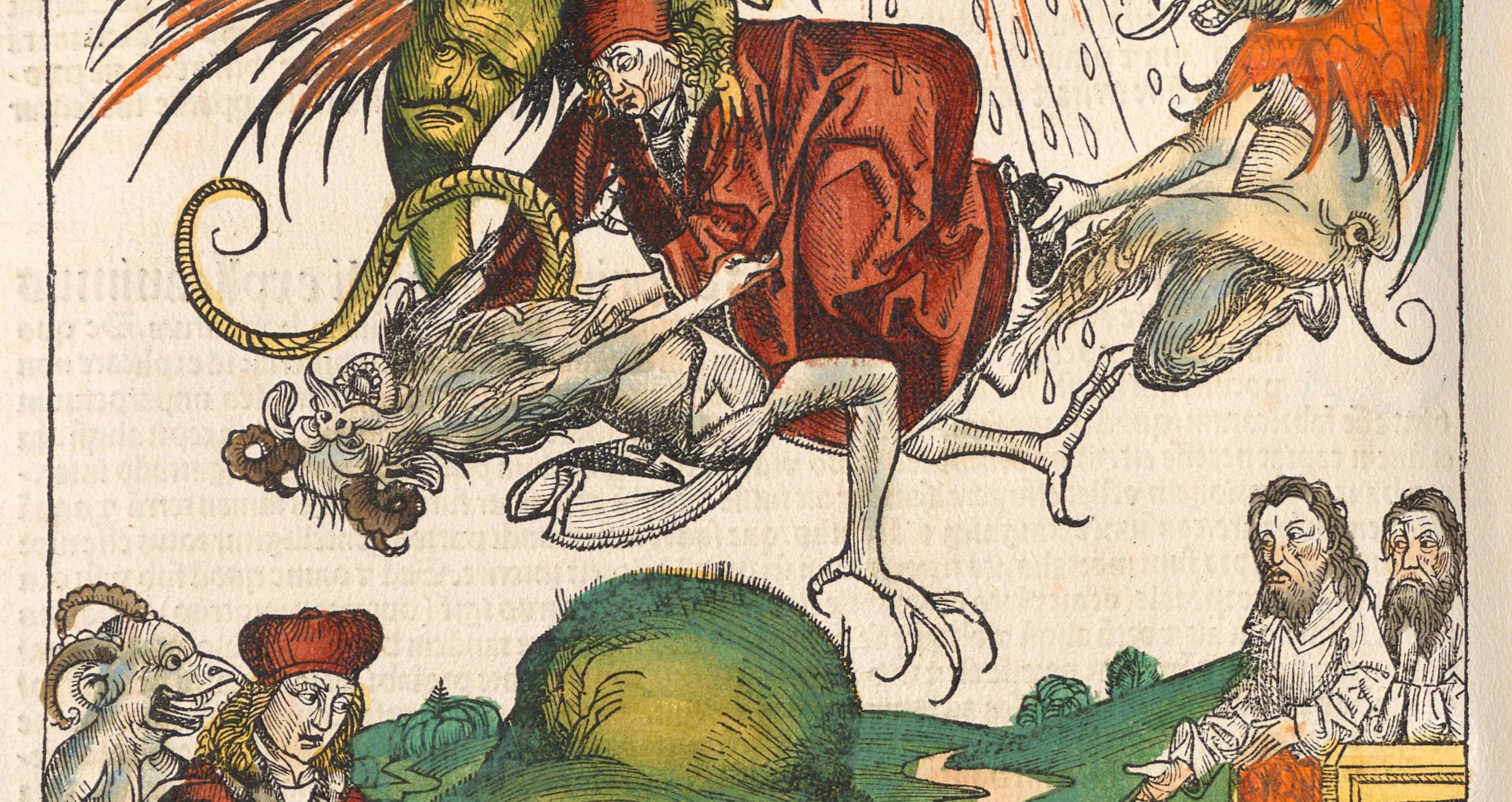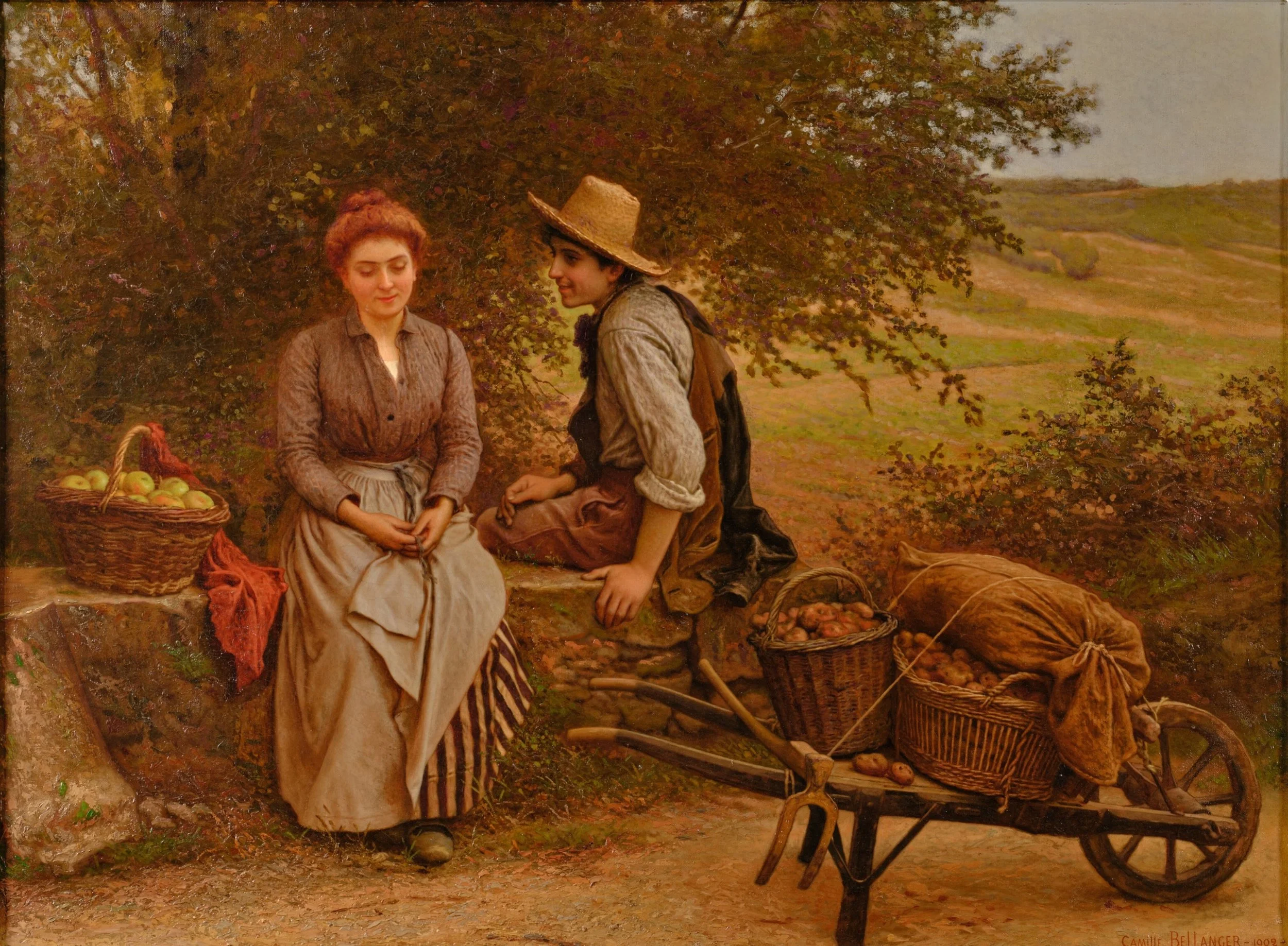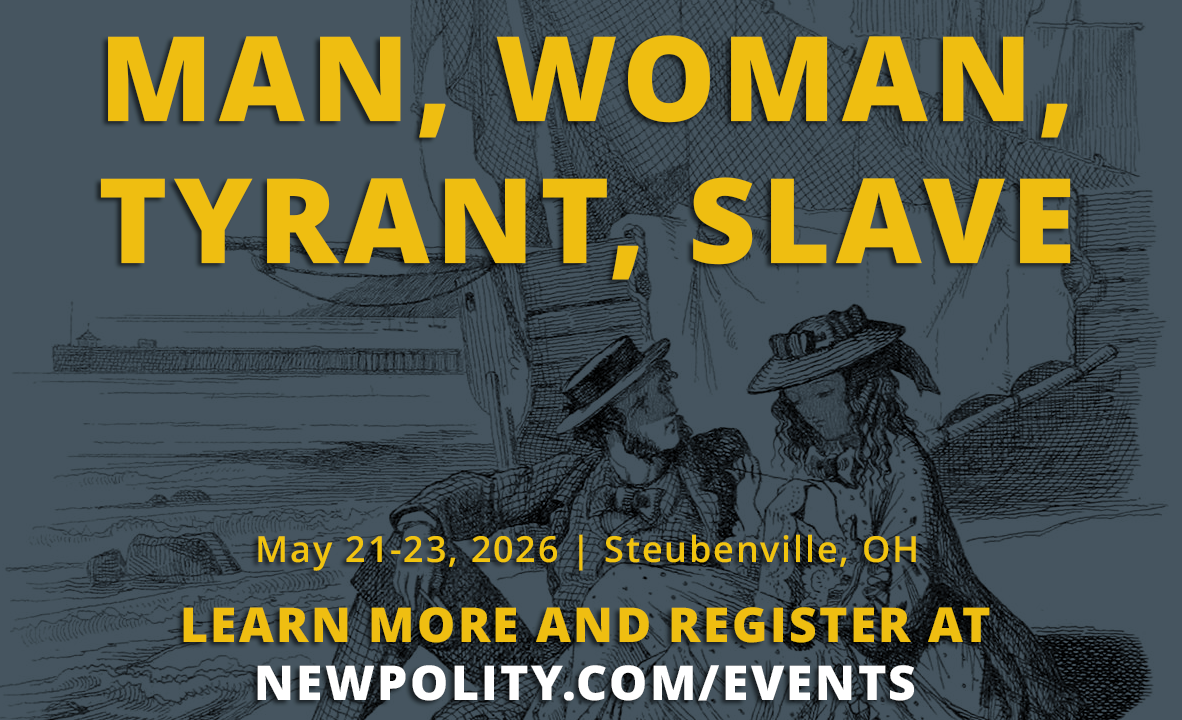Magazine
ESSAYS
Gone are the days of the misspelling mail-order bride and au revoir, sweet Nigerian prince.
You can call it a response to Matthew Harvey Sanders.
Magisterium AI—the Catholic chatbot that Sanders characterizes as a paver on “the Golden Path”—is bad.
Marc Barnes mistakes a call for prudence with a call for prohibition.
The chatbot, by virtue of being designed to appear human, appears sexual—male or female.
Thomas More’s martyrdom was no simple affair.
Podcasts
The book has long been the place of completed thought, able to incorporate previous work and advance new thought. That is going away. AI generation is polluting the discourse; leading to a state where all "new" publications are, in fact, summarized AI restatements of the previous state of the question. In this podcast, Marc Barnes and Andrew Willard Jones discuss the effects of AI on the the technology of the books, and how a literate culture persists.
Happy New Year! In this podcast, Marc Barnes and Alex Denley discuss New Polity's 2025 year, the books and magazines published, and look ahead to the New Year. Thank you to everyone who read or listened to us this year.
EVENTS












Gone are the days of the misspelling mail-order bride and au revoir, sweet Nigerian prince.